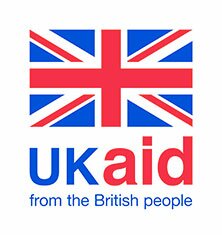COVID-19

This brief from the third report in a 6-part series, explores the impact of COVID-19 and government response measures on poor and vulnerable groups in urban areas in Ethiopia. The findings highlight four key areas for urgent attention: misconceptions about COVID-19, rising food prices, inadequate and costly water supply and a reduction in the number of people receiving aid. The full research report can be found here. Authored by Donna Harris, Biniyam Tadesse, Israel Mitiku, Mekdes Demissie, Alula Teklu, Girmay Medhin, and Frehiwot Belachew.






Credit: Kasper Bøgsted Kristensen, Danish Red Cross
This brief from the second report of a six-part series exploring the impact of COVID-19 on vulnerable groups in Ethiopia, highlights the importance of policies that ensure the most vulnerable benefit from the support provided by government and other organisations, and that the process of targeting the support is transparent. Authored by Donna Harris, Alula Teklu, Girmay Medhin, Israel Mitiku, Biniyam Tadesse, Mekdes Demissie, and Frehiwot Bekele. The study is funded through the Building Resilience in Ethiopia (BRE) Programme and implemented in partnership with the Maintains Programme.



Credit: Kasper Bøgsted Kristensen, Danish Red Cross



This research report is the second in a series of six reports which provide an insight into the extent to which COVID-19 and associated government responses and measures affect the urban poor and vulnerable individuals across 10 cities and towns in Ethiopia. The findings have highlighted the importance of designing policy that ensures the most vulnerable benefit from the support provided by government and other organisations, and that the process of targeting the support is transparent. Authored by Donna Harris, Alula Teklu, Girmay Medhin, Israel Mitiku, Biniyam Tadesse, Mekdes Demissie, and Frehiwot Bekele. The study is funded through the Building Resilience in Ethiopia (BRE) Programme and implemented in partnership with the Maintains Programme.



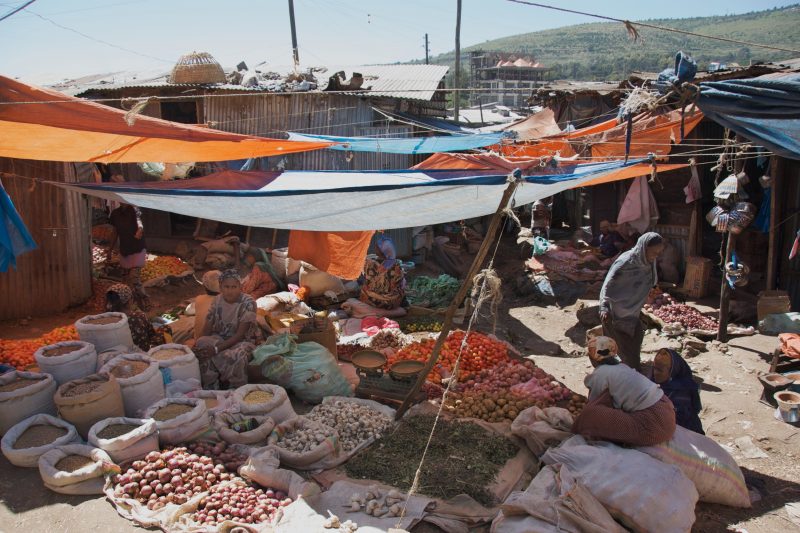


Credit: Stanford Alumni Association Travel-Study Program, October - November 2007
This brief presents key findings from round one of a six part study, exploring the impact of COVID-19 and government response measures on poor and vulnerable groups in urban areas in Ethiopia. The full research report can be found here. Authored by Donna Harris, Alula Teklu, Girmay Medhin, Israel Mitiku, Biniyam Tadesse, and Mekdes Demissie. The study is funded through the Building Resilience in Ethiopia (BRE) Programme and implemented in partnership with the Maintains Programme.



Credit: Stanford Alumni Association Travel-Study Program, October - November 2007
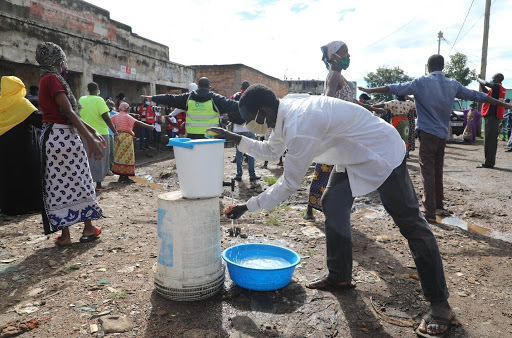




Credit: John Bundi / Kenya Red Cross Society
This executive summary of the full report documents the experiences and challenges of scaling up the response to COVID-19 in the first three months of the outbreak – March to May 2020 – in five countries: Bangladesh, Kenya, Pakistan, Sierra Leone, and Uganda. Authored by Debbie Hillier, Tom Newton-Lewis, Rithika Nair, and Christoph Larsen.





Credit: John Bundi / Kenya Red Cross Society





Credit: John Bundi / Kenya Red Cross Society
This report synthesises the findings from a series of rapid situation analyses on the initial response to COVID-19 in the first few months of the outbreak – March to May 2020 – in five countries: Bangladesh, Kenya, Pakistan, Sierra Leone, and Uganda. Authored by Debbie Hillier, Tom Newton-Lewis, Rithika Nair, and Christoph Larsen.





Credit: John Bundi / Kenya Red Cross Society
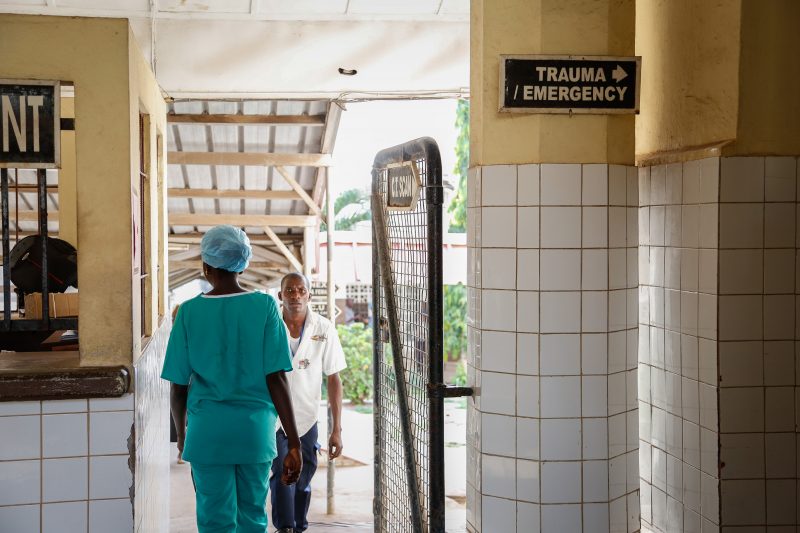


Credit: Simon Davis/DFID
Sierra Leone’s response to COVID-19 has been built on its experience of managing Ebola, but has faced a series of institutional and operational challenges that have influenced these efforts. This working paper reviews the first three months of the outbreak in Sierra Leone, exploring challenges and offering insights for Maintains and others wishing to support the response. Authored by Kevin Grieco, Yasmina Yusuf and Niccoló Meriggi.



Credit: Simon Davis/DFID
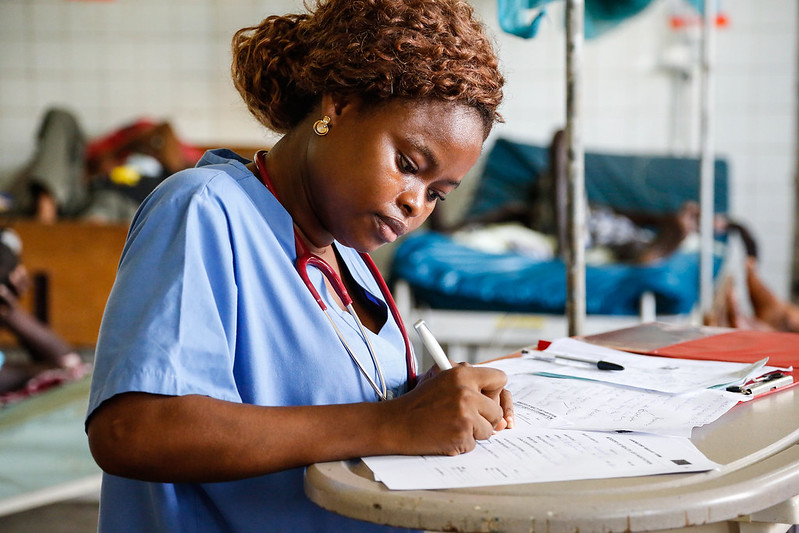


Credit: Simon Davis/DFID
The response to the emerging COVID-19 crisis has exposed existing fault lines within our health systems. In particular, it has revealed how health systems reflect gender bias, both in terms of the position female staff occupy and in the way services are delivered to women.



Credit: Simon Davis/DFID



Credit: Robert Yates/DFID
This rapid study reviews the literature on how a health crisis such as an epidemic has adverse implications for gender, especially for women. It includes recommendations for designing and executing interventions both in response to the COVID-19 crisis and in creating resilient systems going forward. Authored by Gunjan Jhunjhunwala and Vinaya Padmanabhan.



Credit: Robert Yates/DFID


